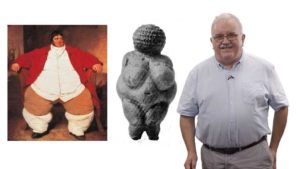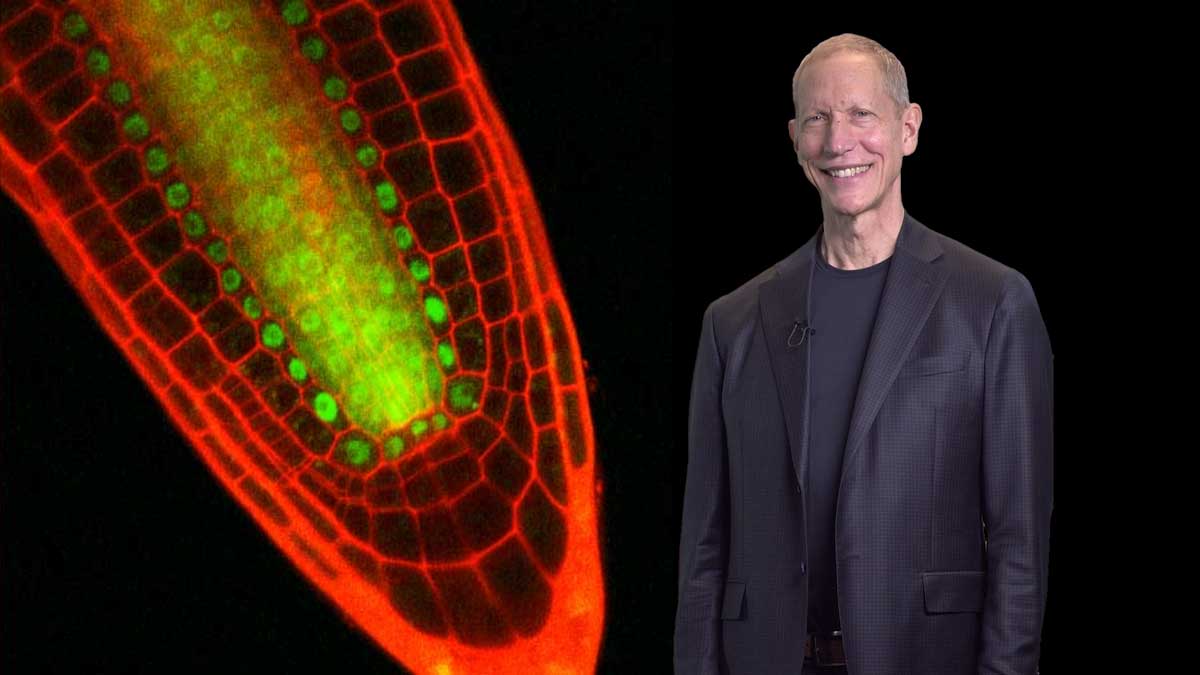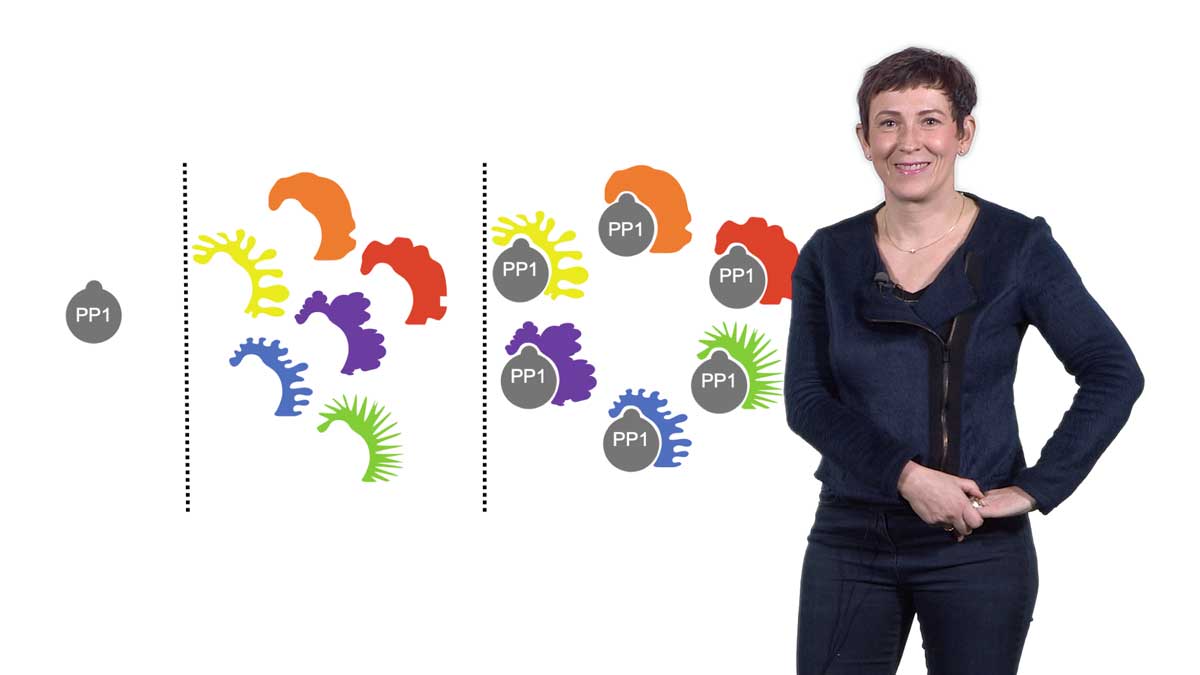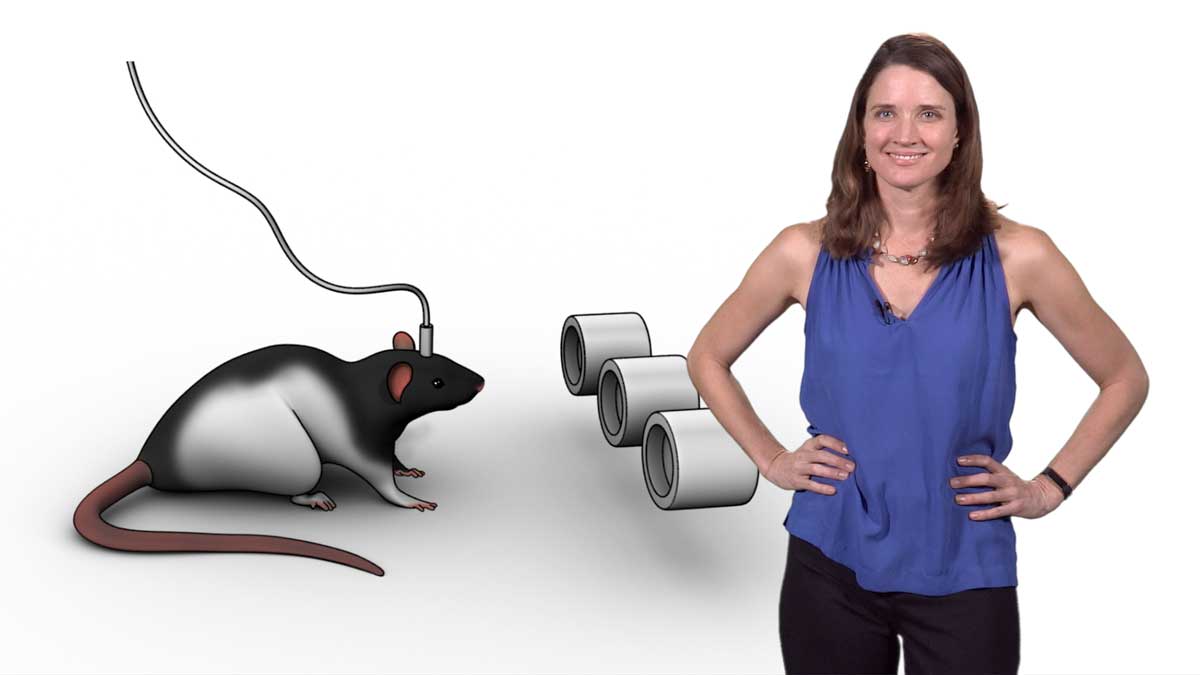Talk Overview
Easy access to nutrients has contributed to the increase in obesity in the human population. But, what is obesity and why isn’t everybody fat? Dr. Stephen O’Rahilly provides a biomedical perspective of obesity, and evaluates which genes could potentially shift the balance towards obesity. As he explains, one becomes obese when the balance between energy intake and energy spent is shifted. Surprisingly, mutations that lead to obesity in humans aren’t in genes involved in metabolism and energy storage, but failure in satiety signals in the brain that result in people eating too much. The excess of energy intake over energy expenditure leads to obesity.
What is the consequence of obesity in human health? Physically, obesity can result in lower mobility and sleeping disorders. But, in humans, the link between obesity and metabolic diseases isn’t straightforward. For example, not everyone that’s obese becomes insulin resistant. As O’Rahilly explains, the probability of an obese individual to have a metabolic disease is linked to the capacity of adipose tissue to store the extra fat. Mutations that decrease fat storage in adipose tissue increase the chance of metabolic diseases, like insulin resistance, even when the person is not obese.
Speaker Bio
Stephen O'Rahilly

Dr. Stephen O’Rahilly is a professor of Clinical Biochemistry and Medicine and Head of the Department of Clinical Biochemistry at the University of Cambridge where he also directs the MRC Metabolic Diseases Unit in the Wellcome-MRC Institute of Metabolic Science. He qualified in Medicine from University College Dublin, and continued his post-graduate training at Oxford… Continue Reading











Leave a Reply